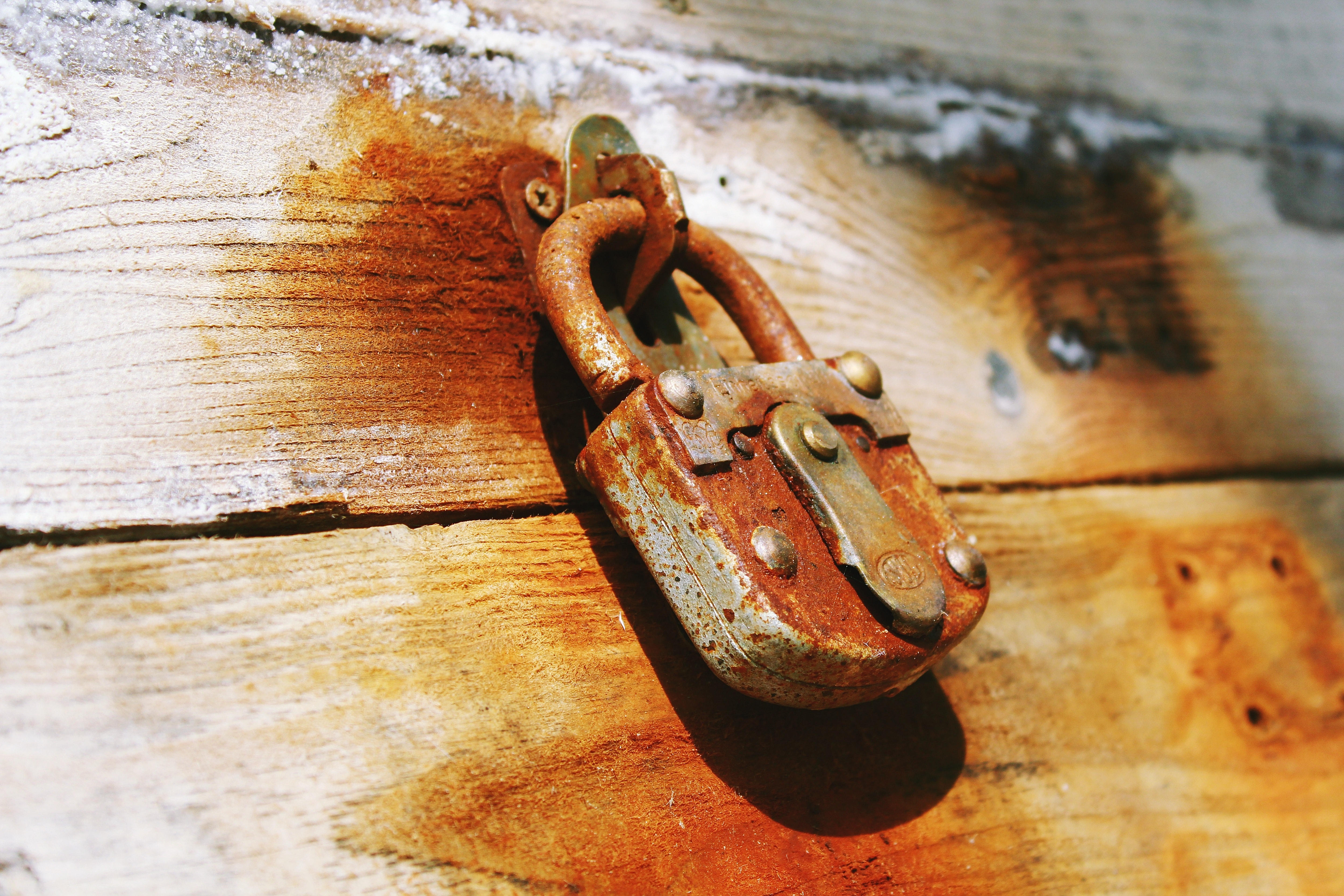Best Practices to Protect Your Website and Data

In today's digital landscape, where cybersecurity threats are becoming increasingly sophisticated, protecting your website and data is of paramount importance. As a website owner, you need to ensure that your online presence is safeguarded against potential breaches and vulnerabilities. In this blog post, we will explore some critical best practices for hosting security and explain how Cloudhosthq can help you achieve robust website protection and data safety.
1. Choose a Reliable Hosting Provider:
When it comes to safeguarding your website and data, partnering with a reputable hosting provider like Cloudhosthq is crucial. With their cutting-edge security measures and dedicated support, Cloudhosthq ensures that your website remains protected from potential threats, providing you with peace of mind.
2. Keep Software and Applications Updated:
Regularly updating your website's software, plugins, and applications is one of the simplest yet effective ways to enhance security. Outdated versions often contain vulnerabilities that hackers can exploit. With Cloudhosthq's managed hosting services, you'll receive timely updates and patches, reducing the risk of security breaches.
3. Implement Strong Passwords:
Weak passwords are one of the leading causes of unauthorized access. Ensure your website and data remain protected by using strong passwords that include a combination of letters, numbers, and special characters. Additionally, consider implementing two-factor authentication (2FA) for an added layer of security.
4. Use Secure Socket Layer (SSL) Certificates:
SSL certificates encrypt the data exchanged between a user's browser and your website, ensuring secure communication. Cloudhosthq offers free SSL certificates, giving your website an extra layer of protection and increasing user confidence in your platform.
5. Regular Backups:
Implementing regular website backups with Cloudhosthq ensures that even in the event of a breach or data loss, you can quickly restore your website to its previous state. Cloudhosthq's automated backup solutions provide peace of mind, enabling easy recovery should the need arise.
6. Employ Web Application Firewalls (WAF):
Web Application Firewalls (WAF) can help identify and block malicious traffic before it reaches your website. Cloudhosthq employs powerful WAF tools to proactively identify and mitigate threats, allowing you to focus on maintaining your website's performance and user experience.
7. Perform Regular Security Audits:
Periodic security audits are essential to assess the vulnerabilities and weaknesses in your website's security infrastructure. Cloudhosthq's robust security monitoring and auditing processes ensure that any potential threats are identified and addressed promptly.
Conclusion:
The security of your website and data should never be taken lightly. By following these best practices and partnering with a trusted hosting provider like Cloudhosthq, you can ensure that your website remains secure, your data stays protected, and your online presence thrives. Don't compromise when it comes to cybersecurity; choose Cloudhosthq for hosting security, website protection, and data safety.
Title: Safeguard Your Digital Presence: Best Practices to Protect Your Website and DataIntroduction:
In this fast-paced digital era, ensuring the security of your website and data has become paramount. As cyber threats loom large, it is crucial for businesses, both big and small, to adopt the best practices to safeguard their online presence. At Cloudhosthq, we understand the importance of hosting security, website protection, data safety, and cybersecurity. In this blog post, we will share the best practices to protect your website and data, ensuring your valuable assets remain safe from potential threats.
1. Keep software up to date:
Outdated software is like an open invitation for cybercriminals. Regularly updating your website's content management systems (CMS), plugins, themes, and other software components is a critical security practice. By staying up to date, you ensure that any known vulnerabilities are patched, reducing the risk of unauthorized access to your website.
2. Strong and unique passwords:
The first line of defense against unauthorized access is a robust password. Implementing strong passwords that contain a combination of uppercase and lowercase letters, numbers, and special characters significantly enhances security. Additionally, ensure that you use unique passwords for each online account associated with your website. This way, even if one account gets compromised, the others remain secure.
3. Two-Factor Authentication (2FA):
To add an extra layer of security, consider enabling two-factor authentication. This method requires users to provide two different types of authentication, such as a password and a unique code sent to their mobile device. 2FA ensures that even if a password is stolen, unauthorized access is thwarted without the second factor.
4. Regular backups:
Data loss can be disastrous for any business. Regularly backing up your website and data is essential to mitigate the risks associated with cyber attacks, server failures, or accidental deletions. Cloudhosthq provides automated backup services, ensuring your data remains safe and recoverable in case of emergencies.
5. Install SSL Certificate:
Securing your website's connection with an SSL (Secure Sockets Layer) certificate is crucial for both website protection and data safety. An SSL certificate encrypts data transmitted between the website server and visitors' browsers, making it nearly impossible for hackers to intercept sensitive information, such as passwords or payment details. Search engines also prioritize websites with SSL certificates, boosting your SEO rankings.
6. Regular security audits:
Conducting regular security audits helps identify vulnerabilities and potential risks before they can be exploited by malicious actors. Invest in security scanning tools or partner with a hosting provider, like Cloudhosthq, that offers comprehensive security audits to proactively assess your website's security posture and ensure it meets the latest industry standards.
7. Employee awareness and training:
Human error remains one of the leading causes of cybersecurity breaches. Educating your employees about best security practices, including recognizing phishing attempts, avoiding suspicious email attachments, and maintaining good password hygiene, is essential. Regular training sessions and reminding employees about the importance of cybersecurity can significantly reduce the risk of successful attacks on your website and data.
8. Firewall and intrusion detection systems:
Implementing a robust firewall and intrusion detection system (IDS) is crucial to protect your website from unauthorized access attempts. Firewalls act as a shield, monitoring incoming and outgoing network traffic, while IDS detects and responds to suspicious activities in real-time, mitigating potential security threats before they cause harm.
Conclusion:
Implementing best practices for hosting security, website protection, data safety, and cybersecurity is imperative to safeguard your online presence. By staying proactive, regularly updating software, integrating strong passwords and two-factor authentication, performing backups, using SSL certificates, conducting security audits, educating employees, and leveraging firewall and intrusion detection systems, you can fortify your website and data against potential cyber threats. At Cloudhosthq, we are dedicated to providing a secure hosting environment for your online business. Protect your website and data today to ensure a resilient and trustworthy digital presence.
Title: Best Practices to Protect Your Website and Data: Cloudhosthq's Ultimate Guide to Hosting SecurityIntroduction:
In today's digital age, where threats lurk around every corner, safeguarding your website and data has become more crucial than ever. As a trusted brand in the industry, Cloudhosthq understands the importance of hosting security, and we're here to arm you with the best practices to ensure website protection and data safety. In this comprehensive guide, we will explore various cybersecurity measures, making your online presence impervious to potential attacks. Let's dive in!
1. Choose a Reliable Hosting Provider:
The foundation of a secure website starts with selecting a reputable hosting provider like Cloudhosthq. We prioritize hosting security by aligning with industry standards and implementing robust security measures. Our rigorous systems effectively detect and prevent cyber threats, ensuring our clients' websites and data remain safe.
2. Regularly Update Your Software:
Keeping your website's software up to date is vital to combating potential vulnerabilities. Outdated themes, plugins, and platforms leave your site susceptible to hacking attempts. Cloudhosthq recommends updating your website regularly, patching any security loopholes and ensuring a smooth, secure operation.
3. Implement Strong Passwords and Secure Login Credentials:
One of the simplest yet most effective security practices is to use strong passwords and secure login credentials. Avoid commonly used passwords and consider using a password manager to generate and store unique, complex passwords for different accounts. Additionally, implement two-factor authentication (2FA) to add an extra layer of security when logging into your website.
4. Utilize SSL Encryption:
Secure Socket Layer (SSL) encryption is crucial to safeguarding the data transmitted between your website and its visitors. Cloudhosthq highly recommends incorporating SSL certificates, which encrypt sensitive information such as login credentials and financial transactions. An SSL-secured website not only protects user data but also boosts your credibility and search engine rankings.
5. Regularly Backup Your Website:
Despite the best preventive measures, website breaches can occur. Creating regular backups ensures that even if your website falls prey to an attack, you can swiftly restore it to its previous state. Cloudhosthq provides automated backup solutions, giving you peace of mind knowing that your data remains secure and restorable.
6. Install Robust Security Plugins:
The power of plugins extends beyond expanding your website's functionality. Cloudhosthq suggests employing reputable security plugins that actively monitor and defend your website against malicious activities. These plugins help block spam, strengthen firewalls, and notify you of potential vulnerabilities, ensuring continuous protection.
7. Educate Yourself and Your Team:
The first line of defense against cyber threats is knowledge. Cloudhosthq promotes educating yourself and your team members on the best practices to protect your website and data. Stay updated on the latest security techniques, train your staff on identifying phishing attempts, and establish guidelines for safe browsing habits. By fostering a security-conscious environment, you fortify your website's resilience against threats.
Conclusion:
Securing your website and data is a responsibility that should not be taken lightly. Following Cloudhosthq's best practices for hosting security will significantly reduce the risk of potential cyberattacks and safeguard your valuable digital assets. By selecting a reliable hosting provider, regularly updating your software, implementing strong passwords, utilizing SSL encryption, creating backups, installing security plugins, and educating yourself and your team, you can enjoy a peace of mind in the knowledge that your website and data are protected.
Remember, investing in hosting security isn't just an option; it's an essential prerequisite for online success. Trust Cloudhosthq to be your partner in fortifying your digital presence against the ever-evolving threat landscape.









